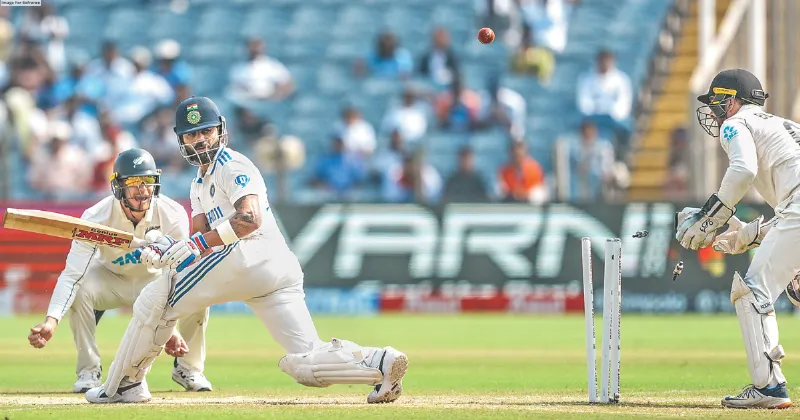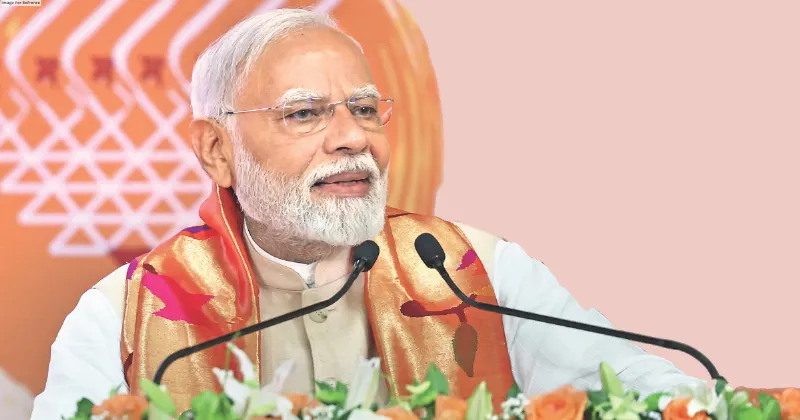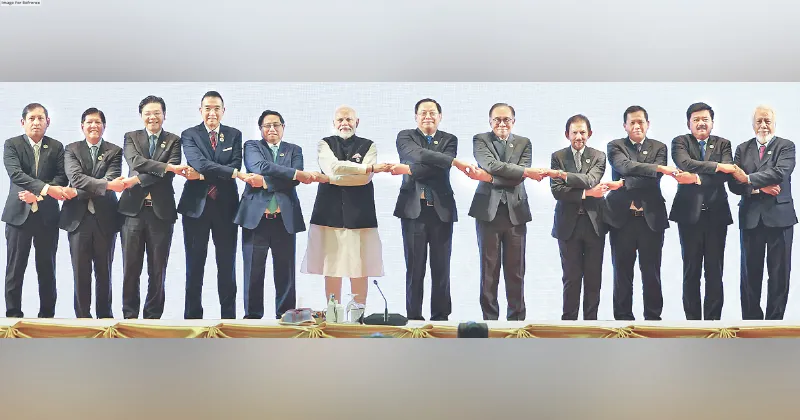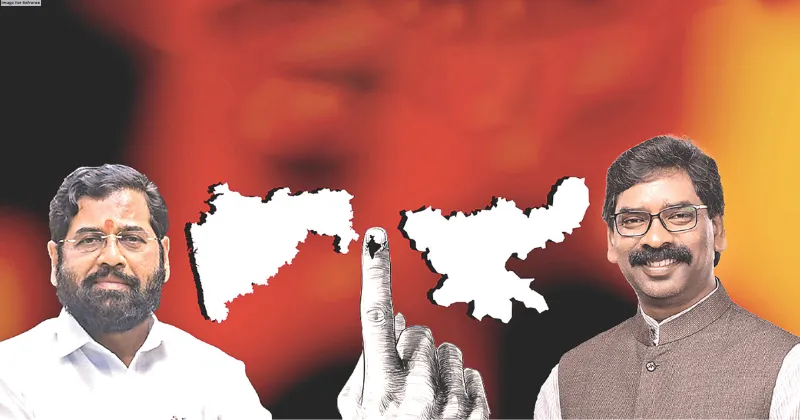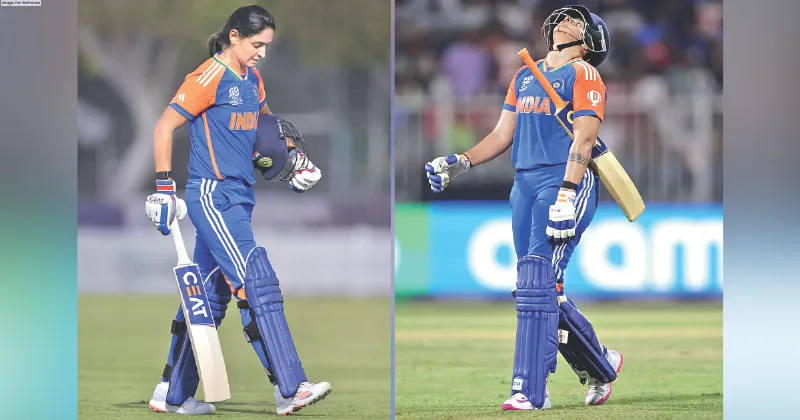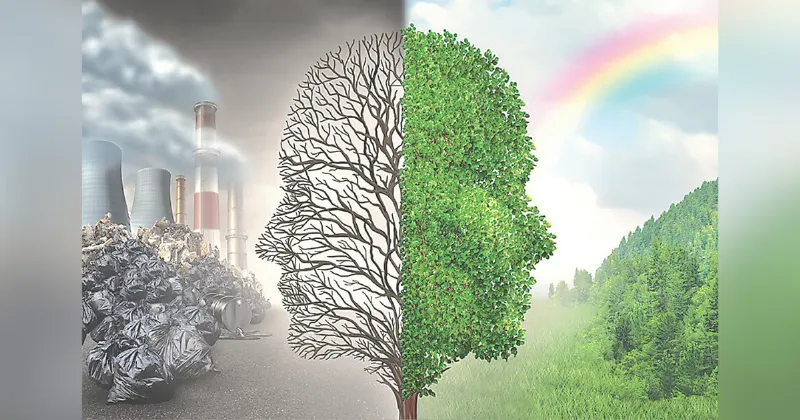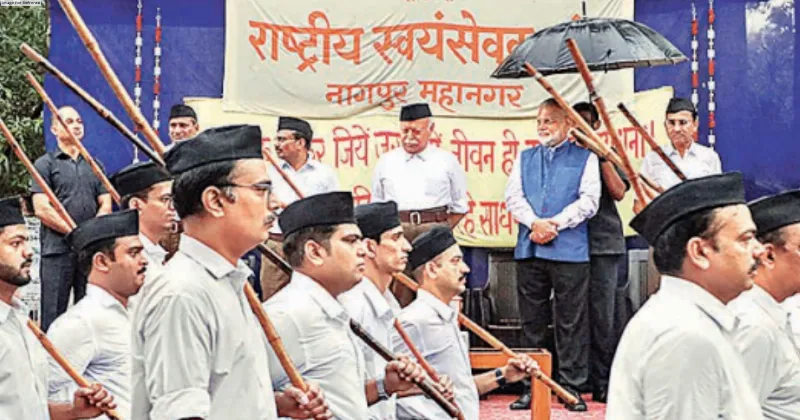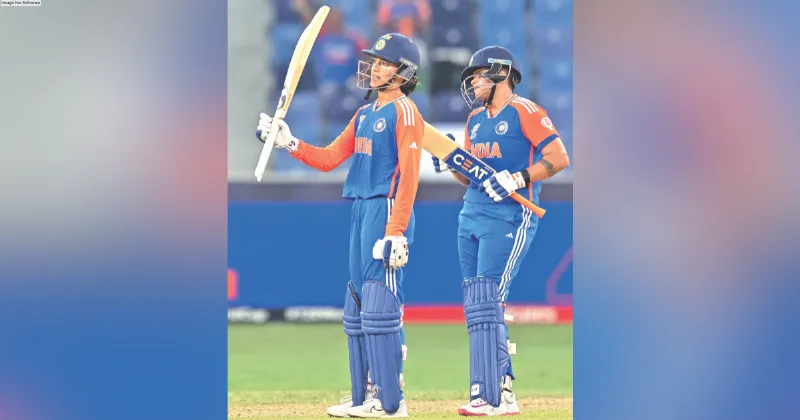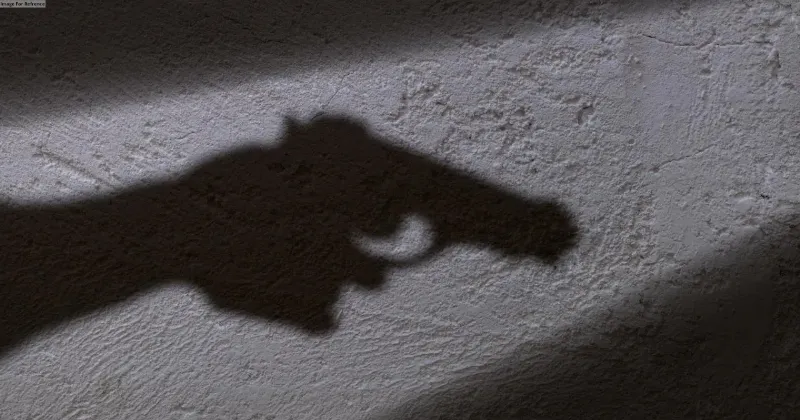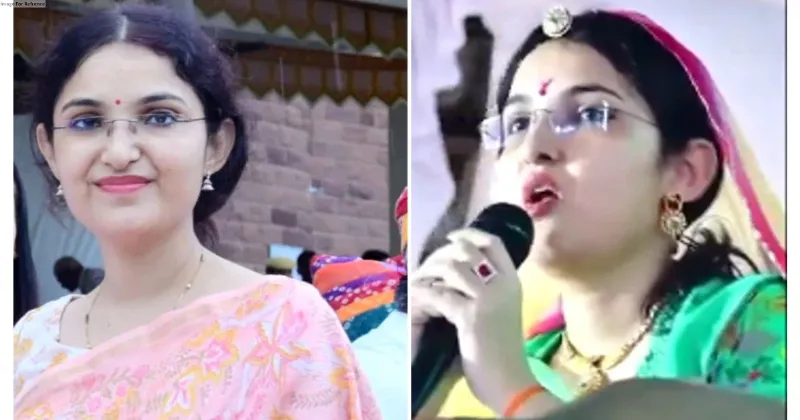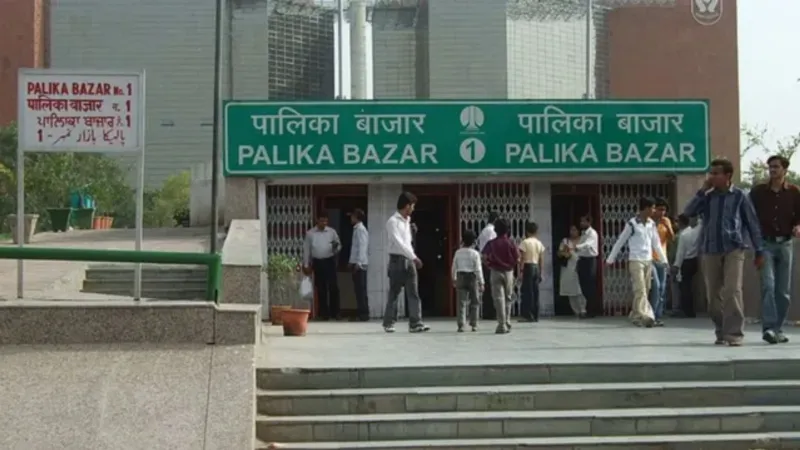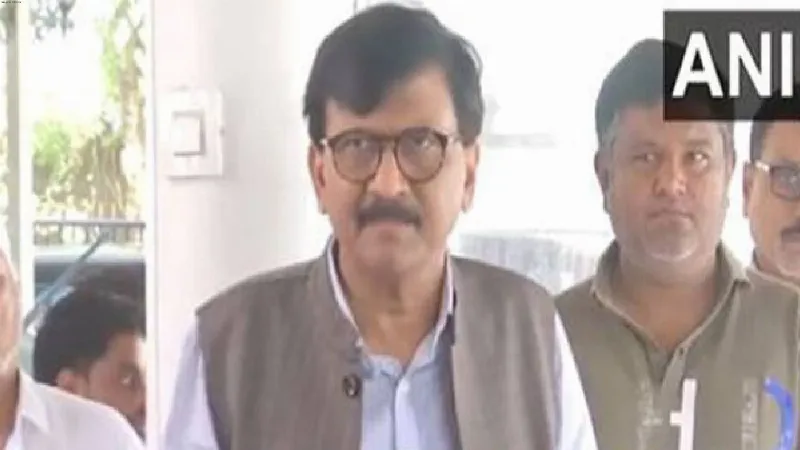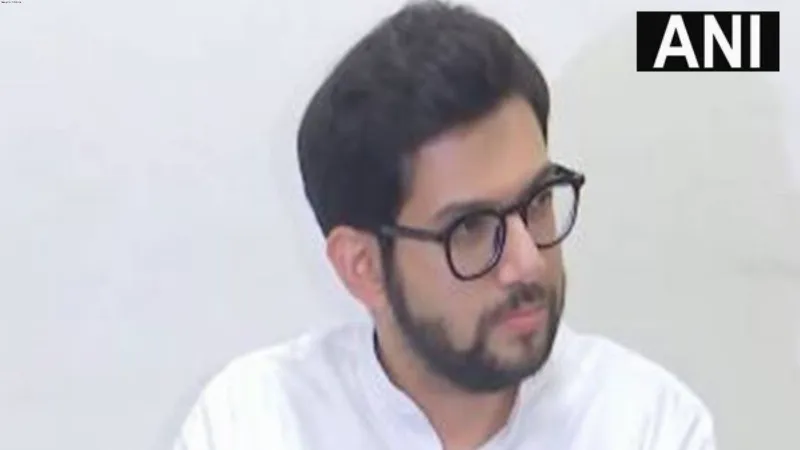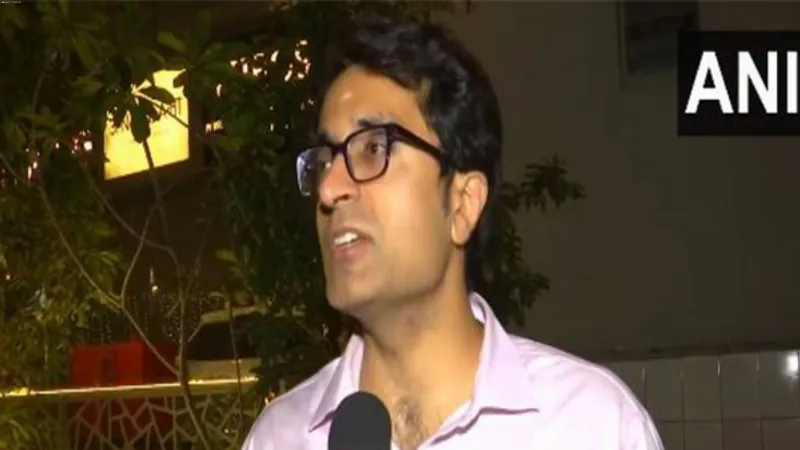Latest News
School in rural Rajasthan
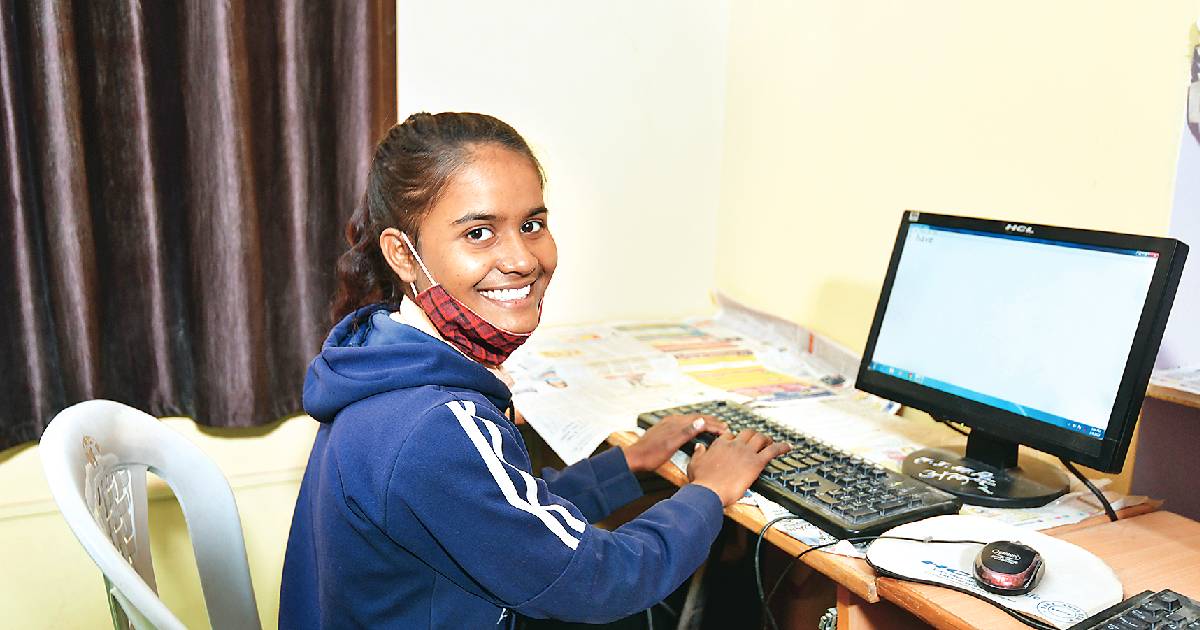
The recently released figures by the Ministry of Education deems Rajasthan to be the worst performer in the country’s gender parity index given the declining trend in the number of girls attending schools from primary to advanced classes. According to the report, these numbers start to decline from 102 girls to just 95 for every 100 boys.
The reasons behind these have been lack of toilet facilities, long distance to the school, financial strain in allowing the girl child to continue as well as people’s mindset and support for child marriages. This has only been exacerbated by the onset of the pandemic, where the gross enrolment ratio (GER) of students in state schools recorded a decline in the student’s intake from 1.79 crores in 2019- 20 to 1.78 crore in 2020-21.
In the face of these statistics, two girls from rural Rajasthan have managed to overcome the challenges and continue their education. 19-year-old Neelam Kumari from Dholpur, Rajasthan exemplifies the transformation positive intervention can make in the lives of young girls on the margins. Neelam was on the verge of quitting school when she attended an E-Mitra camp in her school in 2018. It is during this camp that this eighth-grader (at the time) managed to get her scholarship documents in place and was able to continue her studies.
Otherwise given the poor financial condition of the family, dropping out of school was the only option. Nevertheless, on reaching grade 10, once again her chances of dropping out increased as she could not score the grades required to avail of the OBC category pre-matric scholarship for grade 10. She was sure her parents would marry her off.
In desperation, she contacted her teacher who along with the Block Scholarship Mitra counselled her parents on the importance of education and the perils of early marriage and mobilised resources to fund her school fees.
Today, Neelam is a secondyear student of the Basic School Teaching Course (BSTC), funding her own and her younger sister Radha’s education by working in a parlour and doing theatrical work (under the Beti Bachao Beti Padhao scheme). In her words, “During covid, our relatives started suggesting to my parents to get us both married. However, to my surprise, Radha became our voice against it.
She provided scientific reasoning for not marrying early provided to her during UdaanTaRa classes and connected it with how their eldest sister suffered as a teen mother and silenced all those who were putting pressure on us.
I was so impressed to see my sister so well informed about her rights and our sexual and reproductive health.” An inveterate learner, Neelam now wants to work towards a position of authority so that she can help her community fight corruption and stand up for their rights. Says Ashish Mukherjee, Project Director (Udaan), IPE Global Ltd - a consultancy that works closely with the Rajasthan Govt, “NFHS 5 data accentuates the alarming rate of teenage pregnancies in the country.
With the potential of the pandemic to undo the years of progress made concerning ending child marriages and teenage pregnancies; it is crucial to acknowledge the multifaceted and interactive effects of personal and environmental factors that fuels these social evils and Udaan’s demonstrated success in retaining girls in school through the strengthening of pre-matric scholarships, behaviour change strategies and SRH interventions.”
Neelam, meanwhile, is now a role model for girls like 16-year-old Nisha Verma from Alai in Alwar, Rajasthan. Studying in standard XI, she tells her story of how she aspires to become a college professor.
If it hadn’t been for a scholarship with Udaan’s help, she would have dropped out of school and been married by now. Nisha says, “My parents are daily wage workers and even though my family has been supportive of my studies, our financial condition was not very encouraging.” Due to the help and guidance she received from ‘Project Udaan’, she was able to access a scholarship and convinced her parents to let her continue her education.
“The Udaan team has helped me cross so many hurdles and today I can dream of becoming a college professor. I love teaching, and I want to make sure that girls don’t quit their education.” These stories remind us of the critical importance of educating girls.
Data shows that just 39 per cent of rural girls attend secondary school and unesco.org has noted that 11 million girls may not return to school post the pandemic in 2020. Keeping girls in school is at the heart of what IPE Global, a social sector consultancy, has been trying to address through ‘Project Udaan’ in Rajasthan.
The project strives to strengthen the delivery of the government’s pre-matric scholarship scheme and behaviour change interventions to keep girls in secondary school apart from providing essential adolescent sexual and reproductive education.
Over the last five years, Udaan has prevented over 52,000 girls in Rajasthan from dropping out after grades 8 and 9, thereby preventing an estim

